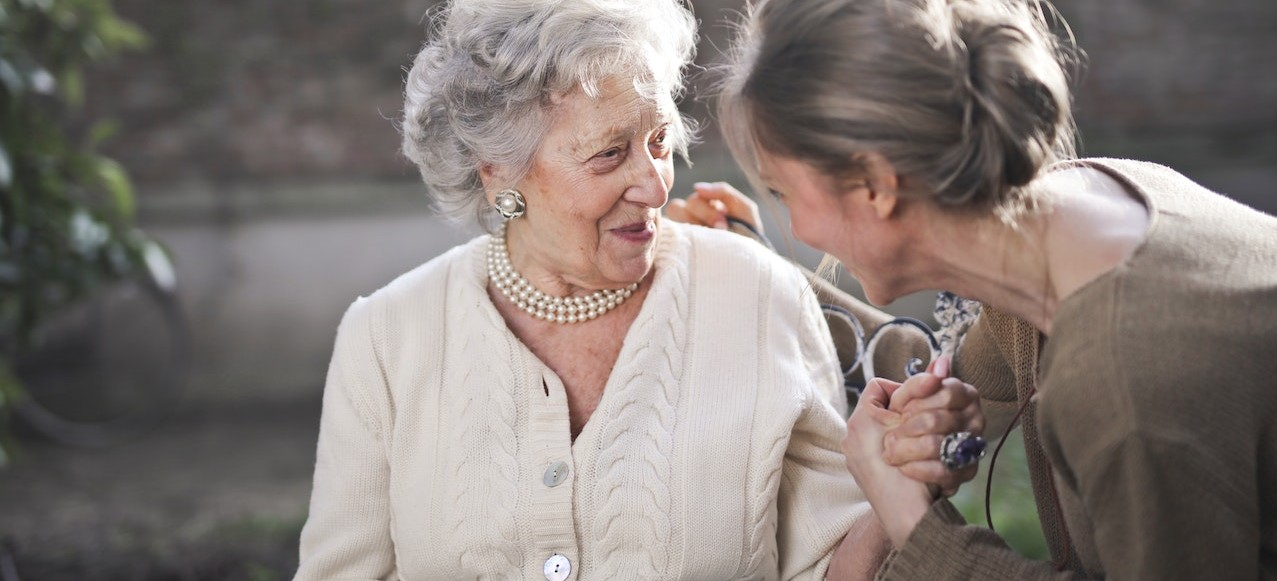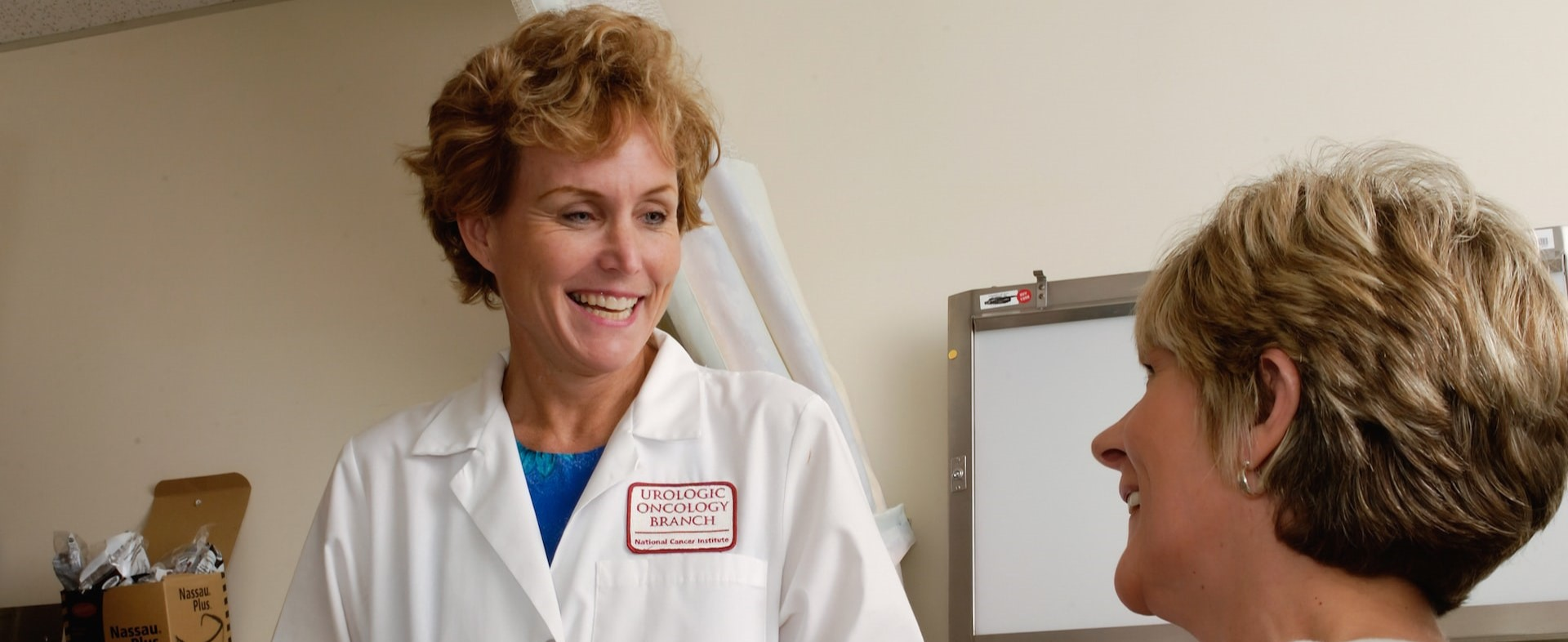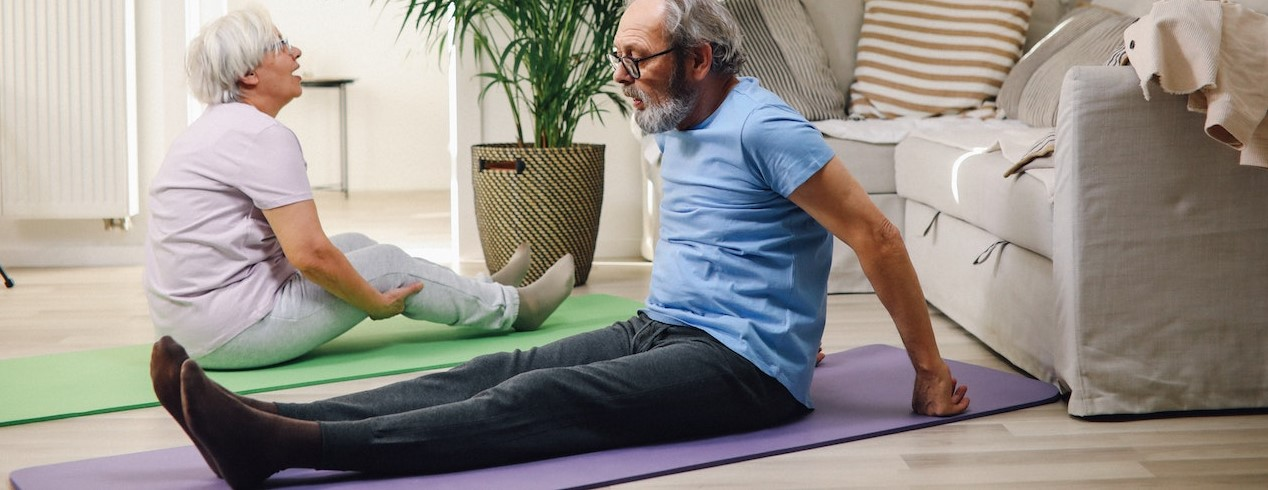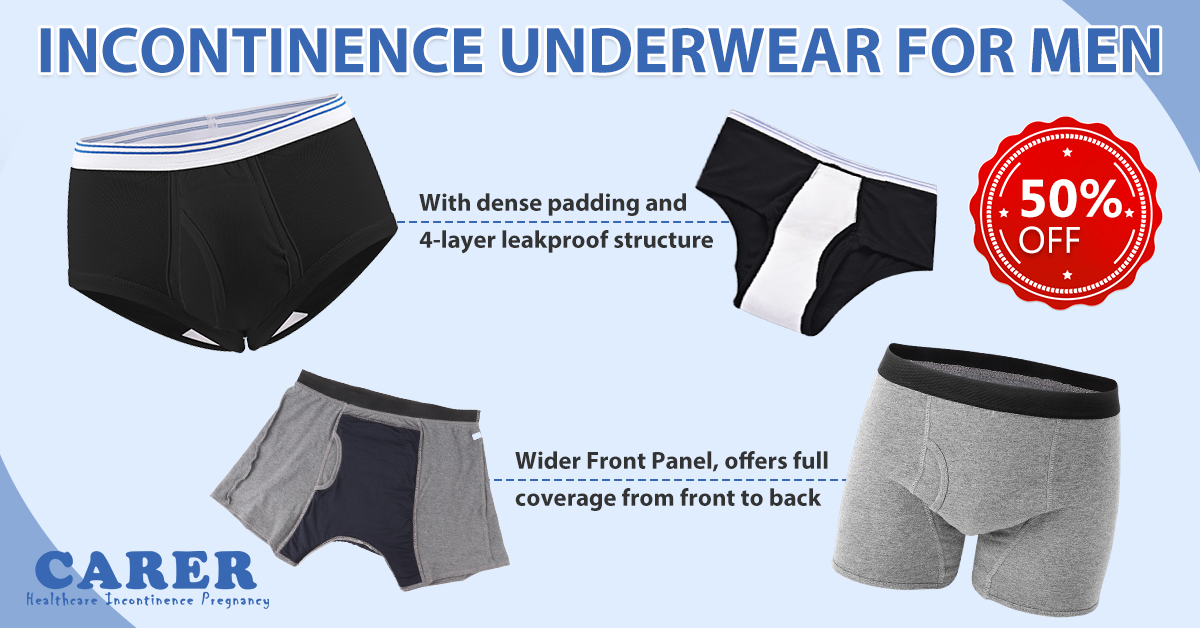
Table of content
What is the Most Common Cause of Incontinence in Older Adults?
How Do You Assist And Support Patients With Incontinence?
Consult With Their Primary Care Doctor
Help Them Make Lifestyle Changes
Find The Right Incontinence Care Products
Get Help From Professional Family Caregivers
Handle Your Elderly Loved One’s Urinary Incontinence With Grace
What is the Most Common Cause of Incontinence in Older Adults?
There are numerous causes of urinary and bowel incontinence. Some factors are prevalent in both men and women, while others only affect men. Urinary tract infections, vaginal irritation or infections, pelvic organ prolapse, and constipation are common causes of incontinence in the elderly. Although it is unlikely to last long, constantly taking medications can also impair bladder control.
Neurological disorders that result from chronic diseases like diabetes mellitus, multiple sclerosis, pressure ulcers, benign prostatic hyperplasia, and Parkinson’s disease also contribute to incontinence. Additionally, incontinence can also manifest as a symptom in persons who are suffering from severe dementia or Alzheimer's disease.
All of these risk factors make the elderly more susceptible to incontinence than younger patients. Because of this, it's crucial for elderly people and those who care for them to understand how to handle incontinence.
Types of Urinary Incontinence
The following are the three most common types of urinary incontinence:
Stress Incontinence
Stress incontinence occurs when the patient’s bladder muscles are overwhelmed by increased abdominal pressure. Women frequently experience this after giving birth or after menopause, whereas males commonly get it as a result of an enlarged prostate gland. In this type, involuntary urine leakage can be caused by simple everyday actions like laughing, lifting something heavy, or standing up from a chair.
Urge Incontinence
Urge incontinence happens when people have a strong and abrupt urge to urinate that is almost impossible to delay. Patients with this type of incontinence often have an overactive bladder muscle. Urine leaks occur because the bladder contracts abruptly or without warning. Stroke, Parkinson's disease, urinary tract infection, and spinal cord problems are among the potential causes of this.
Overflow Incontinence
This type of urinary incontinence involves a frequent urge to urinate but never completely emptying the bladder. This problem is frequently brought on by a blockage in the urinary tract system or by a bladder that either has extremely weak contractions or is unable to contract at all. This causes the bladder to fill up quickly because it doesn't empty properly.
How Do You Assist And Support Patients With Incontinence?
Elderly Incontinence doesn’t have to negatively affect your loved one’s quality of life. The following are the things you can do to assist and support them:
Be Empathetic
Loss of bladder or bowel control is one of the most stressful health problems. It is therefore important to take the situation with empathy and tolerance to reduce your loved one's anxiety. Tell your loved one that incontinence is common and many individuals experience this. In fact, 50.9% of those 65 and older reported experiencing some sort of incontinence, according to the Centers for Disease Control.
You can help maintain your parent's dignity and everyone will feel more at ease if you talk about it in a casual and open manner. Stress can be reduced by treating it like a regular aspect of life. Gentle humor also works to ease tension after incontinence episodes. Find ways to laugh at the silly side of things while remaining respectful.

Consult With Their Primary Care Doctor
Regardless of how severe their incontinence is, everyone suffering from it should see a health professional. Incontinence may be caused by a medical problem, in which case it needs to be treated. Treatment options for incontinence include pelvic muscle exercises, bladder training, medications, and sometimes surgery.
Many people find it uncomfortable to discuss their bladder and bowel movements. However, doctors are aware that these are completely normal and essential processes that happen to everyone. Start your consultation by describing your incontinence symptoms. Be specific to ensure that your doctor or urinary specialist truly understands the issue.

Help Them Make Lifestyle Changes
Some lifestyle factors can worsen your bladder problems so it’s important to be mindful of these. Educate your loved ones about particular foods and drinks that can aggravate their incontinence, and help them restrict or avoid these products. Alcohol, caffeine, fruit juices, and very acidic and spicy foods are among these products.
Extra weight also poses an increased risk of incontinence because it adds extra pressure on the bladder so you should help your loved one stay in shape. If they are smoking cigarettes then it’s also time to control this vice because smoking causes chronic coughing which can damage their pelvic floor muscles.

Encourage Kegel Exercises
These exercises can make your pelvic floor muscles stronger. These pelvic muscles are used to stop the flow of urine and prevent gastric discharge. Naturally, your loved ones can keep more urine in their bladder and have more bladder control if these muscles are strengthened.
These pelvic floor exercises are also very simple to perform. A nurse or occupational therapist can guide you through the exercises, and you can practice these practically anywhere at any time. Just like any other exercise program, the effectiveness of these exercises reli es on how frequently you perform them.
es on how frequently you perform them.
Find The Right Incontinence Care Products
Many incontinence products are now available to specifically cater to the needs of elderly patients. This protective underwear comes in many forms and provides great convenience to its users. Among these products are absorbent incontinence pads, adult diapers, and washable incontinence underwears.
The good news is that incontinence products have substantially increased in quality over time and you can even get them online. If you find that the product you bought is not the best fit for your loved one, do not get discouraged. You can experiment until you discover what suits best for your needs.
Get Help From Professional Family Caregivers
It can be challenging to manage elderly incontinence especially if you have other demanding responsibilities in life. Professional caregivers can fill in for you when you need a break and give your loved ones the incontinence care they require and deserve.
Some caregivers have specialized training on incontinence and therefore greatly understand the specific toileting needs of patients with dementia and Alzheimer’s. Depending on your arrangement, caregivers can also provide companionship and assist in meal preparation, personal hygiene, and light housework.
Handle Your Elderly Loved One’s Urinary Incontinence With Grace
Urinary Incontinence doesn't have to cause any unnecessary worry or embarrassment to your loved one. You can effectively manage incontinence with grace and dignity if you put in a little knowledge, preparation, communication, and compassion!
LEARN MORE: The 3 Best Washable Incontinence Underwear From Carer




